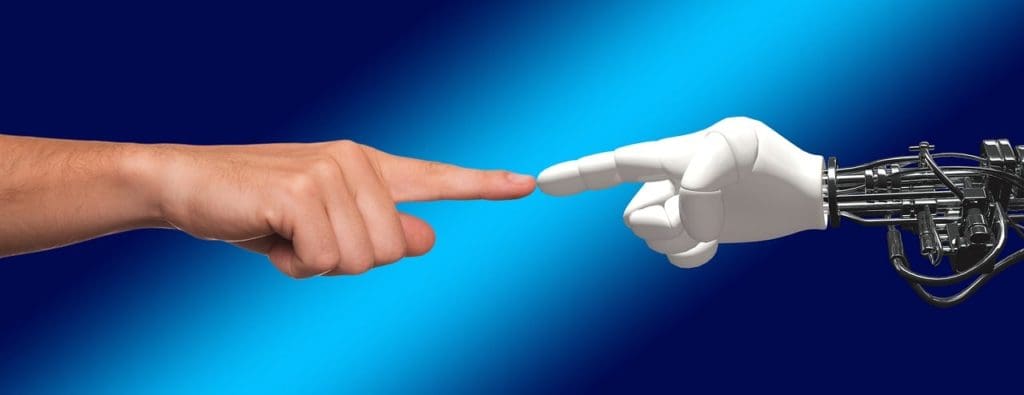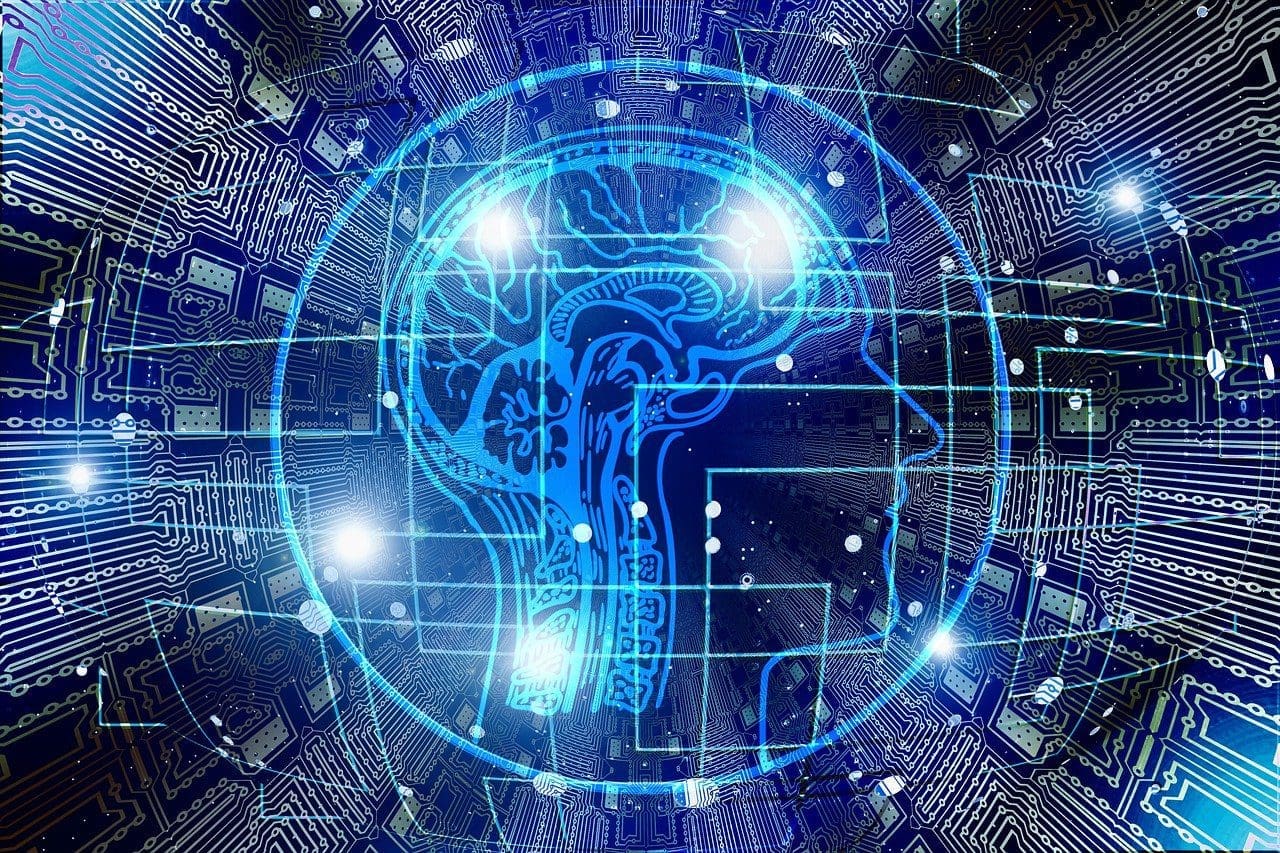In the ever-evolving world of technology, artificial intelligence (AI) has emerged as a groundbreaking force that is revolutionizing industries and transforming the future. From self-driving cars to virtual personal assistants, AI has become an integral part of our everyday lives. But what exactly is AI, and why is it causing such a seismic shift in the way we live and work? Simply put, AI refers to the development of computer systems that can perform tasks that would typically require human intelligence. It involves the creation of algorithms and models that allow machines to learn from data, make decisions, and solve problems.
As AI continues to advance, its impact on various industries, including healthcare, finance, and manufacturing, is becoming increasingly profound. In this article, we will explore the rise of AI, its transformative potential, and the challenges and opportunities it presents for businesses and society as a whole. Get ready to dive into the fascinating world of artificial intelligence and discover how it is reshaping our world.
The Impact of Artificial Intelligence on Industries
AI in Healthcare
One of the most promising applications of artificial intelligence is in the field of healthcare. AI-powered systems have the potential to revolutionize patient care, diagnosis, and treatment. For example, AI algorithms can analyze medical images and detect abnormalities with greater accuracy than human radiologists. This can lead to faster and more accurate diagnoses, saving lives in the process.
Moreover, AI can also help in the development of personalized treatment plans. By analyzing large amounts of patient data, AI algorithms can identify patterns and predict the most effective treatments for individual patients. This can lead to improved outcomes and a more efficient healthcare system.
AI in Finance
AI is also transforming the financial industry, enabling faster and more accurate decision-making. Machine learning algorithms can analyze vast amounts of financial data and identify patterns that humans might miss. This can help financial institutions detect fraud, predict market trends, and make more informed investment decisions.
Additionally, AI-powered chatbots are revolutionizing customer service in the finance industry. These virtual assistants can handle customer inquiries, provide personalized recommendations, and even assist with financial planning. This not only improves customer satisfaction but also reduces costs for financial institutions.
AI in Manufacturing
In the manufacturing industry, artificial intelligence is enhancing productivity, efficiency, and safety. Robots equipped with AI algorithms can perform complex tasks with precision and speed, reducing the need for human labor. This not only increases productivity but also improves workplace safety by eliminating the risk of human error.
AI-powered predictive maintenance systems are also helping manufacturers minimize downtime and reduce maintenance costs. By analyzing sensor data, these systems can identify potential equipment failures before they occur, allowing for timely repairs and preventing costly breakdowns.
AI in Customer Service
Artificial Intelligence is revolutionizing the way businesses interact with their customers. With the help of natural language processing and machine learning algorithms, AI-powered chatbots can provide personalized and efficient customer support around the clock. These chatbots can understand and respond to customer inquiries, resolve issues, and even process transactions.
Moreover, AI can also analyze customer data to gain insights into customer behavior and preferences. This data-driven approach enables businesses to offer personalized recommendations, targeted marketing campaigns, and improved customer experiences.
AI in Transportation
The transportation industry is experiencing a significant transformation due to AI. Self-driving cars, powered by artificial intelligence algorithms, have the potential to revolutionize transportation by reducing accidents, congestion, and emissions. These autonomous vehicles can navigate roads, make decisions, and adapt to changing traffic conditions without human intervention.
AI is also improving logistics and supply chain management. Machine learning algorithms can analyze data and optimize routes, reducing delivery times and costs. Additionally, AI can help in the predictive maintenance of vehicles, ensuring that they are in optimal condition and minimizing breakdowns.
AI in Education
In the field of education, AI presents immense potential for personalized and adaptive learning. AI-powered educational platforms can analyze student data and provide tailored learning experiences. These platforms can adapt to each student’s strengths, weaknesses, and learning styles, enabling more effective learning outcomes.
Moreover, artificial intelligence can also assist in grading and assessment. Machine learning algorithms can analyze student responses and provide instant feedback, saving teachers time and enabling timely interventions. This can lead to a more efficient and personalized education system.

Future Implications of AI
As AI continues to advance, its implications for the future are both exciting and challenging. On one hand, AI has the potential to improve our lives in numerous ways, from healthcare to transportation. On the other hand, there are ethical considerations and potential risks that need to be addressed.
Ethical Considerations of AI
AI raises important ethical considerations, such as privacy, bias, and accountability. For example, AI algorithms rely on large amounts of data, raising concerns about privacy and data security. Moreover, bias can be embedded in AI systems, leading to discriminatory outcomes. It is crucial to ensure that AI systems are fair, transparent, and accountable.
The Role of AI in Jobs and Employment
The rise of AI has sparked concerns about job displacement and unemployment. While AI can automate repetitive tasks, it also has the potential to create new jobs and enhance human productivity. However, it is essential to invest in reskilling and upskilling programs to ensure a smooth transition for workers in industries affected by AI.
How Businesses Can Leverage AI
Businesses can leverage Artificial Intelligence to gain a competitive edge and drive innovation. From improving customer service to optimizing operations, AI offers numerous opportunities for businesses of all sizes. By embracing AI, businesses can enhance efficiency, reduce costs, and deliver personalized experiences to their customers.
Challenges and Limitations of Artificial Intelligence
Despite its immense potential, AI still faces several challenges and limitations. For example, AI algorithms require large amounts of high-quality data to learn effectively. Additionally, AI systems can be vulnerable to adversarial attacks and biases. Overcoming these challenges requires ongoing research and development, as well as collaboration between academia, industry, and policymakers.
The Bottom Line
The rise of artificial intelligence is reshaping industries and transforming the future. From healthcare to finance, manufacturing to customer service, AI is revolutionizing the way we live and work. As we embrace the potential of AI, it is crucial to address ethical considerations, ensure a smooth transition for workers, and harness the power of AI to create a better future.
Artificial intelligence is not just a buzzword; it is a force that has the potential to shape our world for generations to come. By understanding the impact, opportunities, and challenges of AI, we can navigate this transformative era and build a future that benefits us all. The journey has just begun, and the possibilities are endless. Embrace the rise of artificial intelligence and be part of the revolution.
#artificialintelligence #AI #machinelearning #deeplearning #neuralnetworks #robotics #automation #futuretech #technews #innovation #smarttechnology #digitaltransformation #AIrevolution #AIapplications #AIinbusiness #AIinhealthcare #AIinfinance #AIinmarketing #AIinsecurity #AIethics






